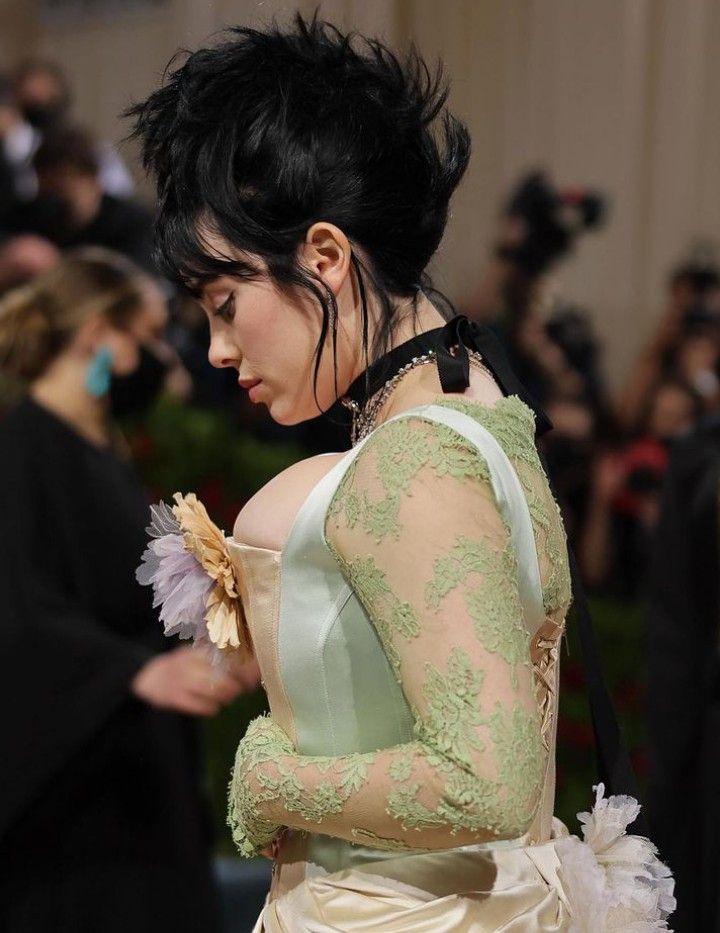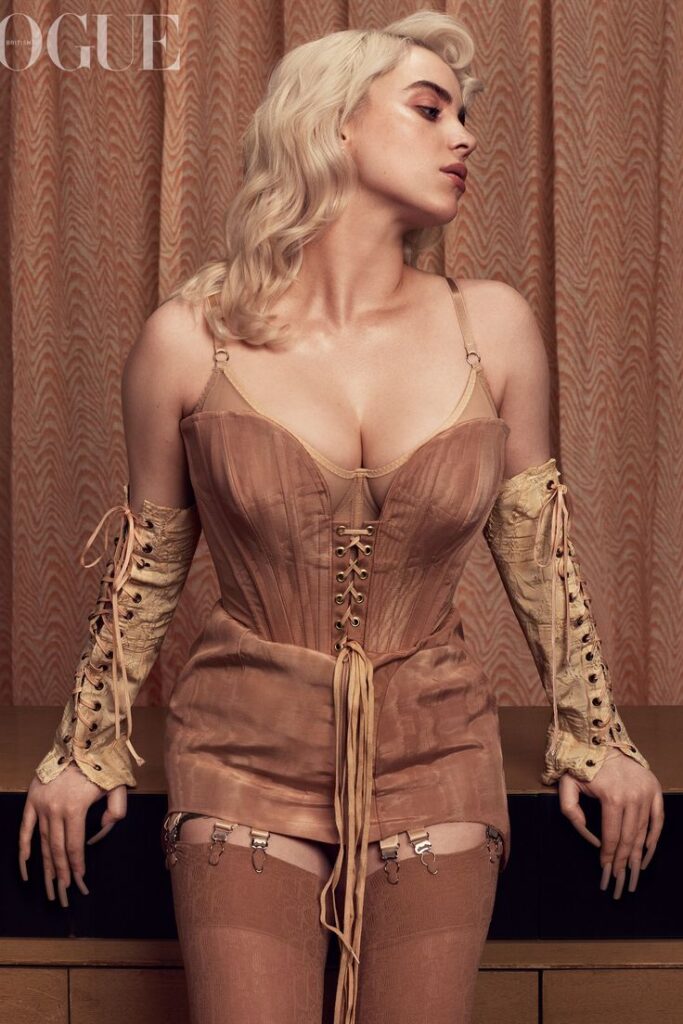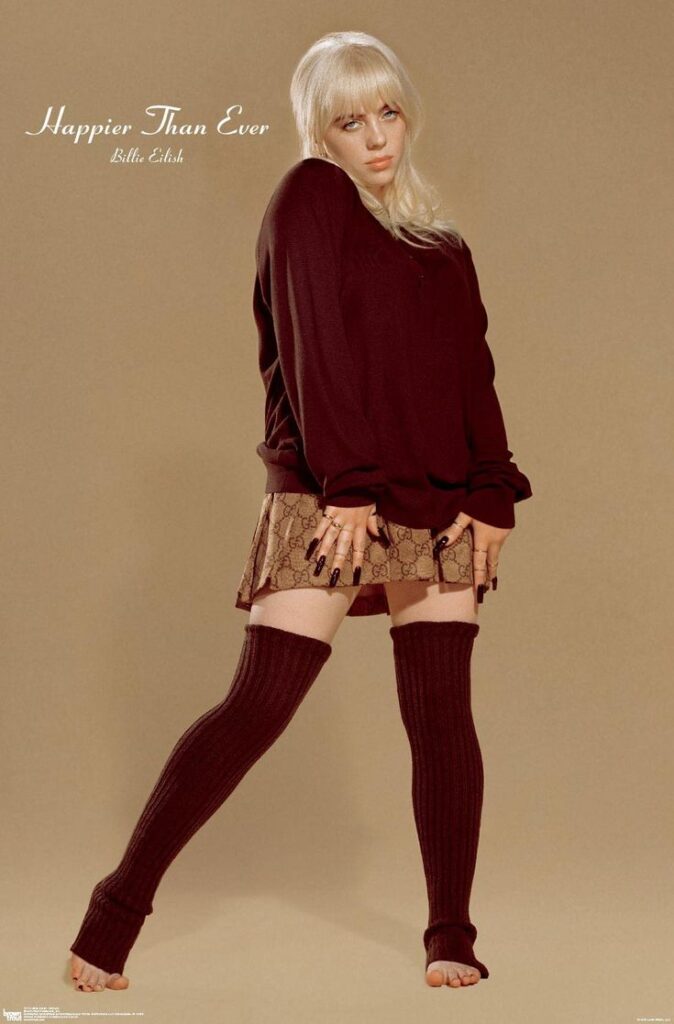In today’s music industry, marked by an ever-evolving digital landscape, the name Billie Eilish stands out as a beacon of authenticity, innovation, and raw talent. At just 20 years old, she has shattered sonic barriers, defied genre conventions, and captivated audiences worldwide with her unique blend of melancholic pop and electro-tinged soundscapes. Join us as we delve into the remarkable career of Billie Eilish, tracing her journey from bedroom prodigy to global phenomenon.
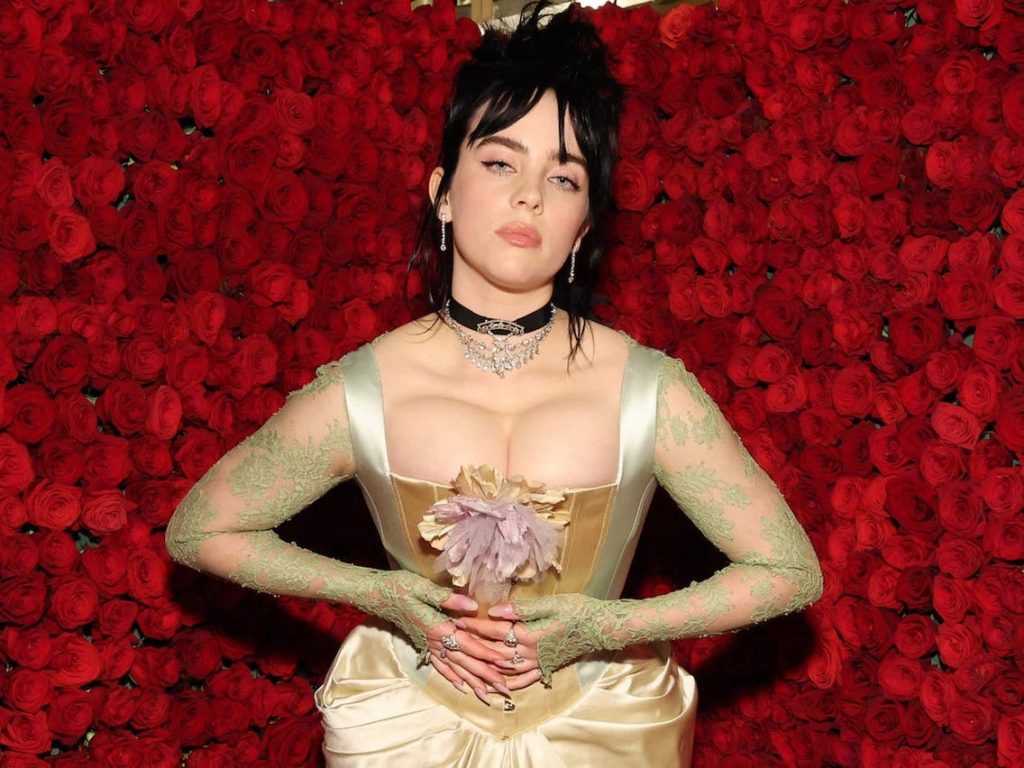
Early Life and Musical Roots:
Billie Eilish Pirate Baird O’Connell was born in Los Angeles, California on December 18, 2001. From a young age, her interest in music was evident. Her parents, Maggie Baird and Patrick O’Connell, both musicians themselves, fostered her passion for creative expression. Eilish’s early musical influences included Avril Lavigne, Lana Del Rey, and Tyler, the Creator, shaping her eclectic taste and future sonic direction.
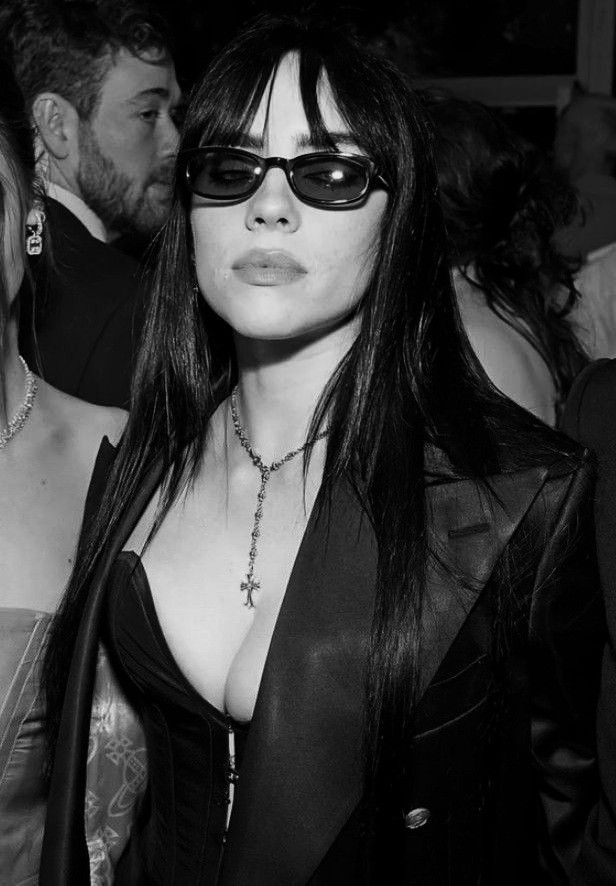
Bedroom Studio Beginnings:
Billie Eilish’s musical career began in her childhood bedroom, where she and her brother Finneas O’Connell, also a talented musician, collaborated on songs. Taking advantage of the digital age, they recorded and produced their music using basic equipment and software. Their first single, “Ocean Eyes,” written by Finneas, was released in 2015 and quickly gained traction through online platforms like SoundCloud.

Rise to Fame:
“Ocean Eyes” caught the attention of music labels, and Eilish soon signed with Interscope Records. Her debut EP, “Don’t Smile at Me,” released in 2017, catapulted her to stardom. The EP’s haunting melodies, poetic lyrics, and Eilish’s distinct vocal style resonated with listeners, especially among Gen Z audiences. The EP’s lead single, “Bad Guy,” became a global sensation, reaching number one on charts worldwide and cementing Eilish’s status as a breakout artist.

Debut Album: “When We All Fall Asleep, Where Do We Go?”
Eilish’s debut album, “When We All Fall Asleep, Where Do We Go?,” released in 2019, was a resounding success. The album showcased Eilish’s artistic growth and versatility, exploring themes of adolescence, mental health, and relationships. With its experimental production and introspective lyrics, the album resonated with critics and fans alike, earning her five Grammy Awards, including Album of the Year, making her the youngest artist to achieve this feat.
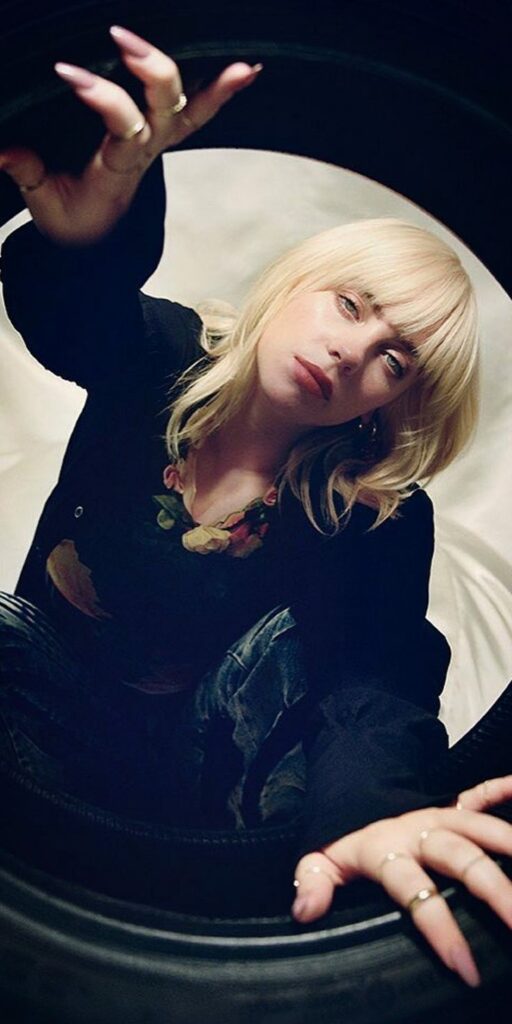
Artistic Identity and Cultural Impact:
Billie Eilish’s music and visual aesthetic have captured the attention of audiences and critics alike. Her songs often delve into topics of self-reflection, depression, and anxiety, resonating with her predominantly young fan base. Her fashion sense, characterized by oversized clothing and bold colors, has become a defining element of her brand, influencing fashion trends and sparking discussions on body positivity.

Industry Disruptor and Gen Z Icon:
Billie Eilish’s impact on the music industry has been profound. She has challenged the traditional gatekeepers of music success, relying on social media and streaming platforms to connect directly with her fans. Her DIY approach to music creation and her willingness to break genre boundaries have inspired a new generation of artists to embrace experimentation and authenticity.

Conclusion:
Billie Eilish’s journey from bedroom prodigy to global phenomenon is a testament to her exceptional talent, artistic vision, and the power of the internet age. Her music has captivated audiences with its raw emotion, poignant lyrics, and innovative soundscapes. As she continues to push the boundaries of music and redefine stardom, Billie Eilish stands as an inspiration to aspiring artists and a symbol of hope for those seeking to express their truth through their art. Her career serves as a reminder that authenticity, creativity, and the willingness to break conventions can lead to extraordinary achievements.

